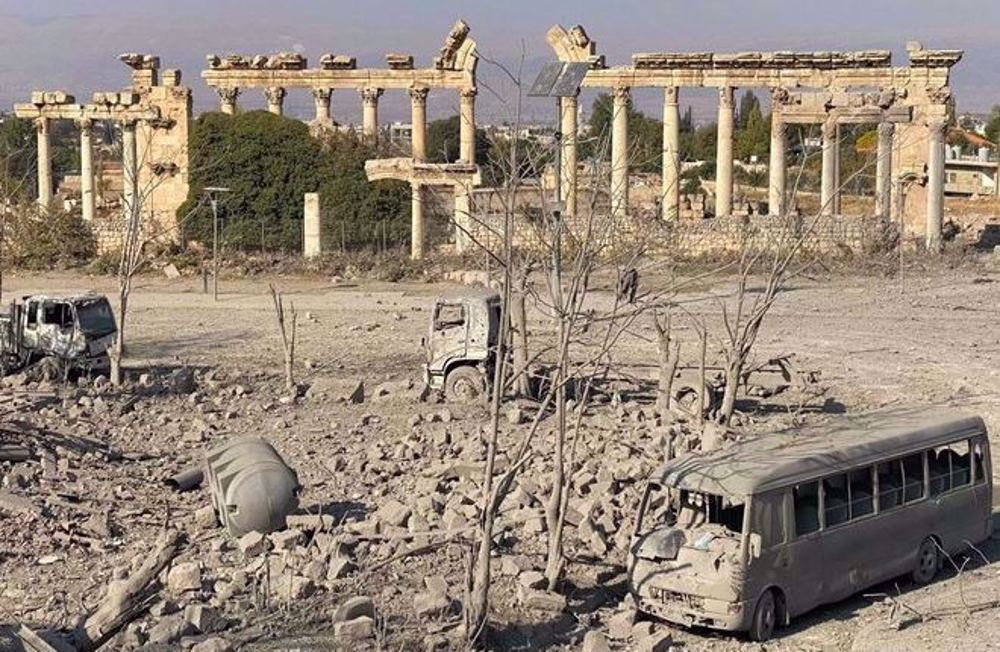British Museum to showcase world oldest bible
The British Museum is set to showcase the world's oldest Bible as part of its exhibition on Egyptian history.
‘Egypt: Faith after the Pharaohs’ will exhibit 200 objects dating back to the period between Egypt’s integration into the Roman Empire in 30 BCE and the fall of the Islamic Fatimid dynasty in 1171.
One of the highlights of the event is part of the 4th century Codex Sinaiticus. Written in Greek on animal skin by monks on Mount Sinai, the book contains the oldest complete copy of the New Testament.
"It is without question the most important book in Britain. It is a remarkable chance to see it in the context of the world in which it was made," said British Museum director Neil MacGregor.
One of the most important books in the world, the codex was bought by Britain from the Soviet government of Joseph Stalin in 1933. Experts believe the book was the work of four scribes living not long after the reign of the Emperor Constantine the Great in Greece.
‘Egypt: Faith after the Pharaohs’ will run from October 29, 2015 to February 7, 2017, with the aim of portraying the transition of Egypt from a pharaoh-worshipping society to a majority-Christian and then majority-Muslim society.
VIDEO | Press TV's news headlines
VIDEO | US-Israeli genocide: Will Gazans see ceasefire deal achieved?
VIDEO | Grief strikes Parachinar: 44 lives lost in terror attack
VIDEO | Yemen’s armed forces target Israeli airbase amid nationwide pro-Palestinian rallies
Putin vows more test of new hypersonic missile
VIDEO | Jordanians continue rallies to denounce Israeli genocide in Gaza, Lebanon
6 Israeli soldiers commit suicide: Reports
Diplomat discourages recourse to pressure, intimidation, confrontation against Iran










 This makes it easy to access the Press TV website
This makes it easy to access the Press TV website